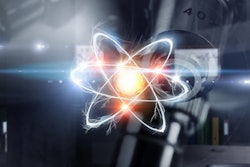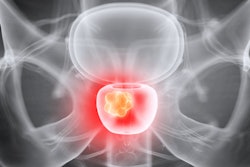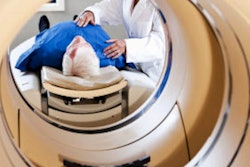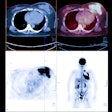Researchers at BGN Technologies have developed a method designed to simultaneously produce molybdenum-99 (Mo-99) and other medical isotopes without highly enriched uranium.
The process uses the naturally occurring and stable molybdenum-100 (Mo-100) isotope and a linear electron accelerator to generate Mo-99 and technetium-99m (Tc-99m), as well as other short-lived radioisotopes -- such as fluorine-18, oxygen-15, ammonia (N-13), and carbon-11 -- as byproducts for PET imaging.
Co-developers Alexander Tsechanski, PhD, from the department of nuclear engineering at Ben-Gurion University; and D. V. Fedorchenko, PhD, from the National Science Center Kharkov Institute of Physics and Technology in Ukraine, now are looking for partners to further advance and commercialize the technology.
The researchers provide extensive details of their technology in the January 1, 2019 issue of Beam Interactions with Materials and Atoms (Vol. 438, pp. 6-13).
BGN Technologies is the technology transfer company of Ben-Gurion University.




















